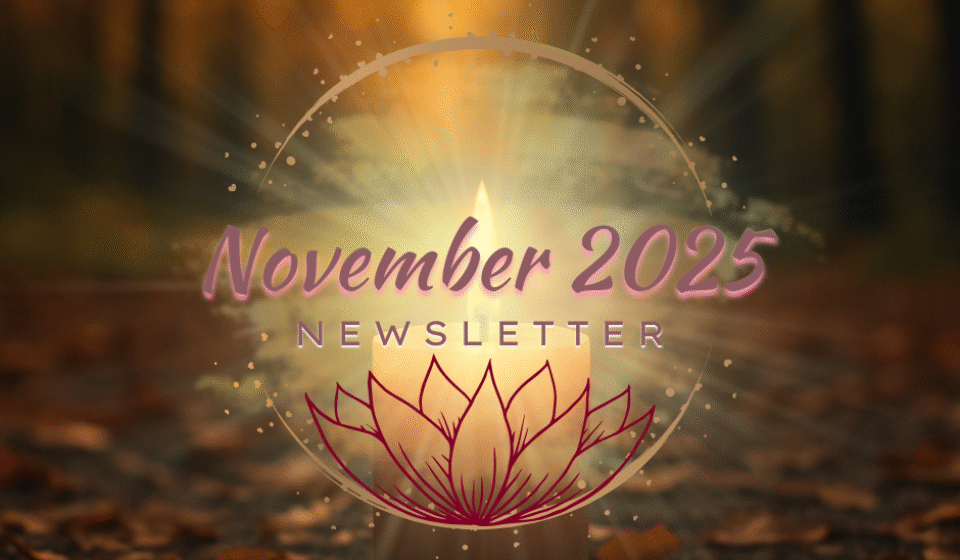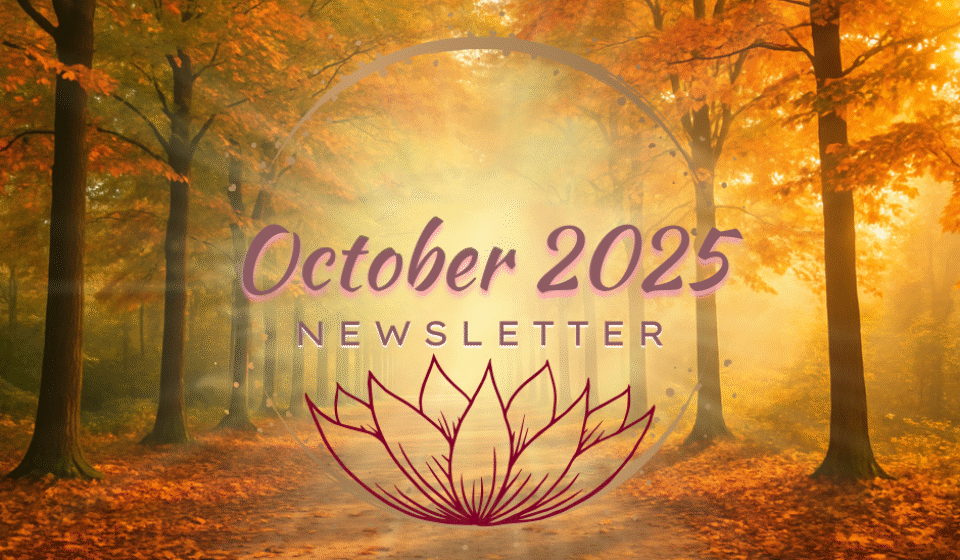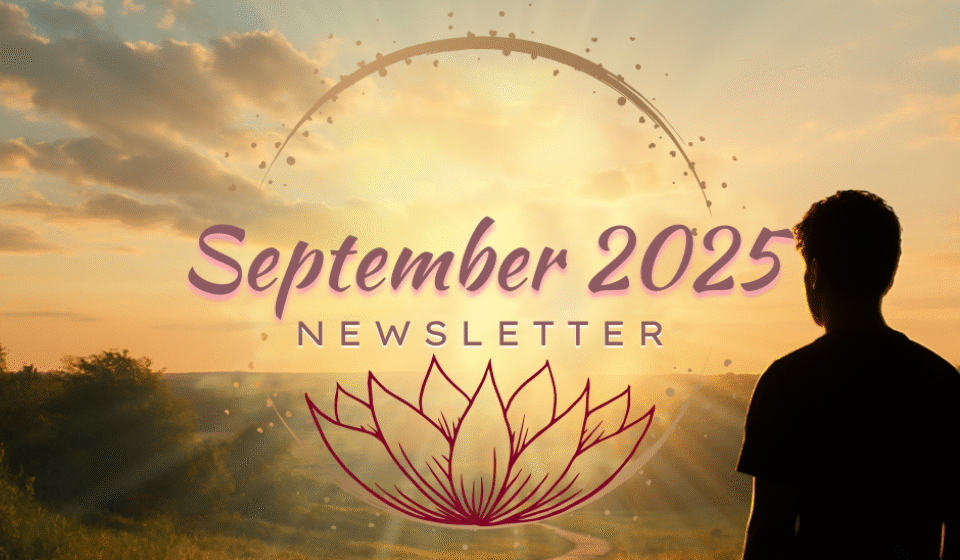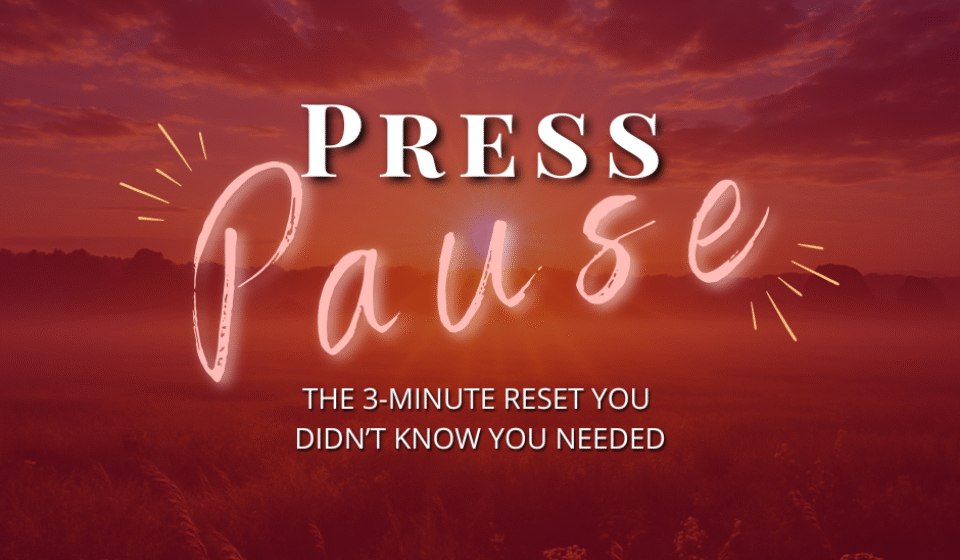Help Raise Awareness for PTSD - Dr. Amanda Aster-McKenna, Psy.D - Montclair NJ Licensed Psychologist
June 2023 Newsletter

Dear Readers,
My aim of this month’s newsletter is to highlight two important facts: 1) that June is dedicated to National PTSD Awareness Month, and 2) that I will be away on maternity leave from 06/03/2023 through 10/01/2023.
June is National PTSD Awareness Month
There are many ways that we as a community can help support National PTSD Awareness Month, such as raising awareness, spreading the word, having a full understanding of what PTSD is (and isn’t), and getting support if needed.
Facts about Post Traumatic Stress Disorder (PTSD)
Did you know that at present there is an estimated 12 million people living in the United States suffering from Post Traumatic Stress Disorder? Anyone struggling with symptoms of PTSD (e.g., re-experiencing symptoms, avoidance of internal and external reminders, changes in mood and cognition, increased reactivity and hyper-vigilance), whether they are a Uniformed Service Professional, an active or retired Veteran, and/or a civilian survivor of sexual/physical assault, a serious car accident, a natural disaster, or any other event experienced as traumatic, needs to know that evidence-based treatments (e.g., Prolonged Exposure Therapy, Written Exposure Therapy, Cognitive Processing Therapy, Trauma-Informed Acceptance and Commitment Therapy) really do work and can lead to a better quality of life. Let us join in spreading the word that PTSD is real; treatment is available, effective, and accessible; and most importantly, recovery is possible!
How to raise awareness for PTSD
Below is a PTSD Awareness Month calendar provided by the Veterans Affairs that offers 30 ways to raise PTSD awareness, one for everyday during the month of June. Would you be willing to commit at least one day this month to raise awareness?
How to get screened for PTSD
Additionally, June 27th, 2023 is PTSD Screening Day. If you or someone you know has experienced a traumatic event and is/are having negative adverse consequences as a result, consider taking this 5-question screener:
I am going on Maternity Leave! Here are some helpful resources while I am away:
Furthermore, I wanted to inform my readers that I am expected baby #2 come July 2023. That said, I will be taking maternity leave from approximately Saturday June 3rd, 2023 through Sunday, October 1st, 2023, with an anticipated return-to-work date of Monday, October 2nd, 2023. During this incredibly special time, I will be focusing on integrating this new little one into our family, bonding with her, starting a routine with her and her brother Reggie, who will be 3 in August, and her big sister Tara, who just turned 12 years old in May. With this new addition, I will be taking a break from writing monthly newsletters, and will resume once I am back to work!
In the interim, I have provided recommended workbooks and mindfulness/meditation practices to utilize, if interested. Please note that I am not affiliated with any of the below resources, nor do I receive any commission if you decide to purchase any of the below products. I use these resources in my own practice and my hope in sharing is that you will find them as helpful as I do!
2. Practice Mindfulness from your Smartphone
Click icons to go to website:
3. Formal Meditation Practices
Dr. Kristin Neff – Self-Compassion: https://self-compassion.org/
Here are some resources in case of emergency:
If at any time during Dr. Aster-McKenna’s maternity leave, you or someone you know is experiencing a true psychiatric emergency (e.g., having intense thoughts of hurting himself/herself/themselves, hurting someone else, seeing things or hearing things that other people cannot see or hear, experiencing severe intoxication or withdrawals from substance use) please stop what you are doing and call 9-1-1, go to your nearest emergency room, call the National Suicide Prevention Lifeline (988), and/or text “HOME” to the Crisis Text Line (741741).
Below is a list of nearby hospitals for you to contact should you need immediate assistance:
Emergency Rooms
Psychiatric Emergency Screening Service
Our hospitals have state-designated emergency screening services in the Emergency Rooms. Crisis intervention, stabilization and treatment are all provided. Mobile outreach to all area residents experiencing acute psychiatric distress and traumatic incident debriefing are provided as well. Services can be accessed through the PESS Department by calling toll free 866.904.4474.
| Hospital | Hospital | 24-Hour Hotline |
|---|---|---|
| St. Barnabas Emergency Room | 94 Old Short Hills Rd, Livingston, NJ 07039 | 973-322-5181 |
| Clara Maass Medical Center | 1 Clara Maass Dr, Belleville, NJ 07109 | 973-844-4357 |
| Newark Beth Israel Medical Center | 201 Lyons Ave, Newark, NJ 07112 | 973-926-7444 |
| Jersey City Medical Center | 355 Grand St, Jersey City, NJ 07302 | 866-367-6023 |
| Monmouth Medical Center | 300 Second Ave, Long Branch, NJ 07740 | 732-923-6999 |
| Monmouth Medical Center South | 600 River Ave, Lakewood, 08701 | 866-904-4474 732-866-4477 |
| RWJ University Hospital Rahway (AES) | 865 Stone St, Rahway, NJ 07065 | 732-381-4949 732-499-6165 |
| Saint Clare's Psychiatric Emergency Unit | 50 Morris Ave, Denville, NJ 07834 | 973-624-6150 973-625-6160 |
Thank you so much for your cooperation and understanding during this time period.
For now, please be well and stay safe!
*Peace, Love, & Fierce Acceptance*
Dr. Amanda Aster-McKenna, Psy.D.
(She/Her/Hers)
NJ Licensed Psychologist #5888, Private Practice, Montclair, NJ
Adjunct Professor, Kean University, Department of Advanced Studies in Psychology
Manager, New York City Chapter of the Association for Contextual Behavioral Science
Board Member, Mental Health Association of Essex and Morris


































